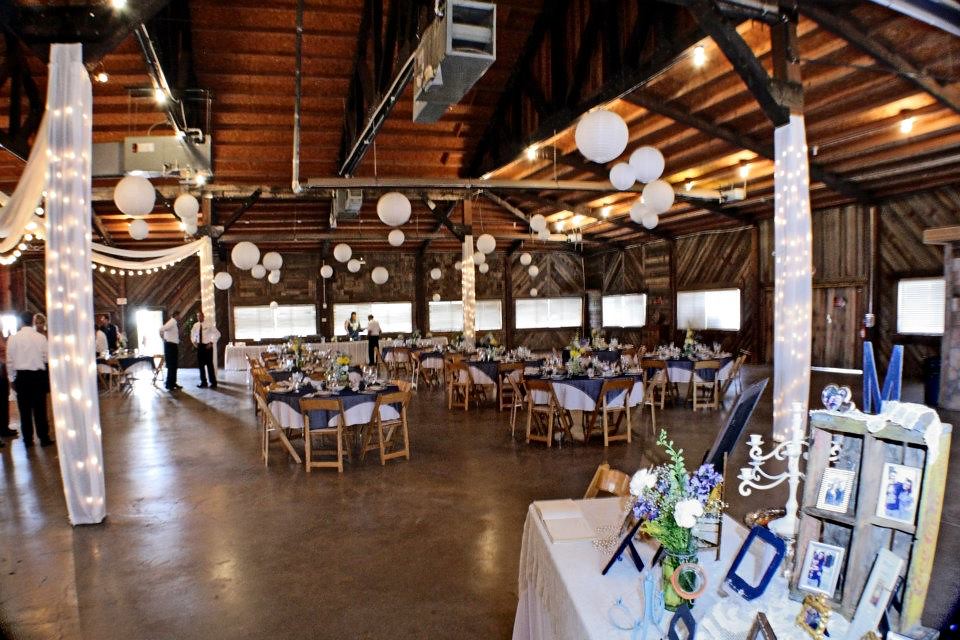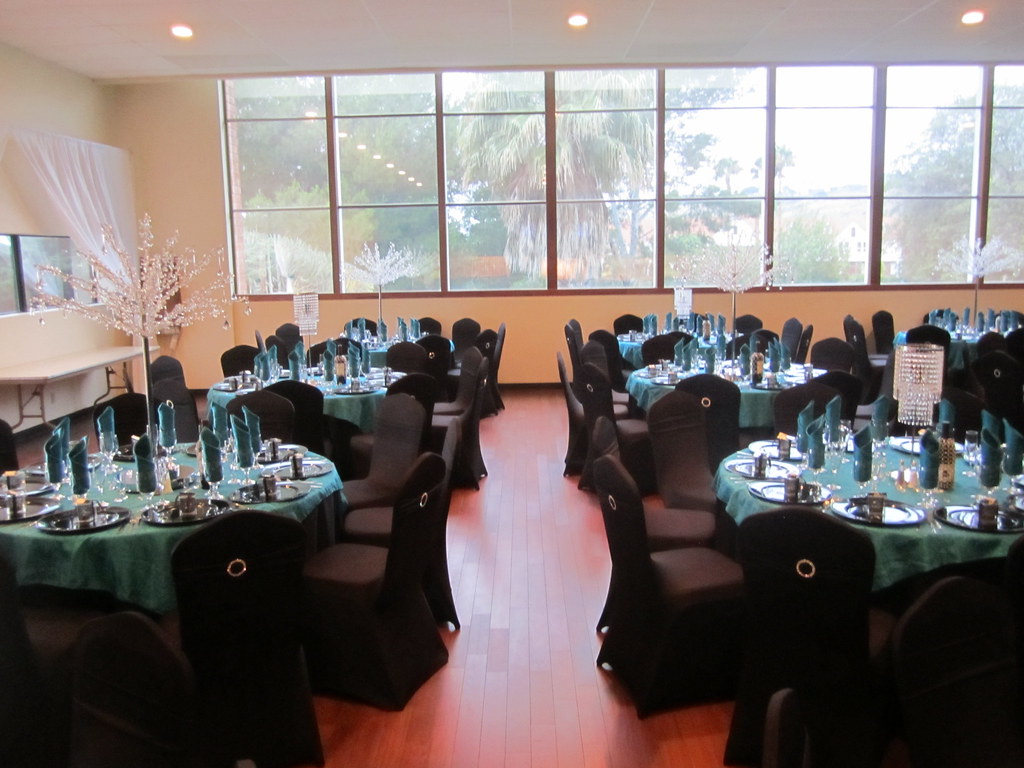As a Sinclair graduate or soon to be, you may find yourself in the driver’s seat of planning a company meeting or event. Most corporate or business settings do not have on-site planners, so these jobs can sometimes fall into the hands of administrative professionals or other entry-level positions.
Just like all industries affected by the current political and social changes in our culture, the event industry is no different. Being a good planner is not just about creating your own voice and reflecting that in what you do but selling yourself by keeping up to date with what’s happening in the industry. Five key areas that are currently changing the playing field include: spaces, diversity, sustainability, security and mindfulness.
1. Spaces

In an era of easily accessible information and a desire for diversity, traditional spaces are not enough to make clients feel satisfied. Choosing non-traditional space engages clients in conversation by creating a surrounding that applies to the talking point and in some cases, the space can include the topic of discussion like nature preserve locations for environmental conferences and so on.
Having a unique experience regardless of the topic at hand is no longer a possibility it is an expectation. Demand for non-traditional spaces grew in 2017 by 3.8 percent, creating that unique experience not only helps your clients, it helps you grow your business by creating a memorable experience in the minds of guests.
2. Diversity

I feel diversity comes in two forms, inclusion and education. The first form, inclusion is a very politically driven topic that may put you as a planner in zones you may not feel knowledgeable or comfortable with. Education is also about creating a unique event by showing your attendees what different religions, cultures and nationalities bring to the table.
Speakers and information have been presented time and again in one form or another. In a diverse age, providing a platform that makes people of all cultures feel comfortable and included can bring new depth and breadth into age-old conversations. This new perspective helps create growth while providing new ideas clients had not yet heard of. Talking business from the viewpoint of a woman, having the discussion of race by members of various communities or presenting old school “clobber verses” from the Bible by a more open minded minister are all new voices not heard a thousand times before.
Look at how the world is growing as more knowledge is provided and more people speak up bringing their voices to the table. Providing spaces and considering as much diversity as you can to your guests does way more than create an inclusive atmosphere.
3. Sustainability

The idea of living more sustainably isn’t all that far-fetched an idea but applying it to your everyday life can be. Events are singular moments and create an excessive amount of waste. Creating events that fulfill their purpose while leaving less of an ecological footprint is the minds of many.
Related Articles:
- Novonty’s Nupital Knowledge: The Duties of a Wedding Planner
- Novonty’s Nuptial Knowledge: Five Wedding Trends Headed Out
With people questioning the impact we have on the planet and thinking about the impact they have on future generations overlooking sustainability could be a problem for your events. Technology has made strides in this areas cutting back on excessive paper products and taking the place of tickets and other documentation. Creating a good network of vendors that work at your events that also believe in eco-friendly initiatives helps grow a community that invites a movement for change in the world. Which is both important for your business and for the world as a whole.
4. Security

Unfortunately, due to terrorism, mass shootings and other forms of violent acts, the need for reliable secutirty is a part of the equation in planning a part in the modern age..
The shooting at a concert in Las Vegas in October of 2017 really put security and safety into question when it comes to events and has really affected the industry when it comes to protecting their clients and guests. These changes have resulted in better coordination with local law enforcement, better contracted event security and widespread crowd trackers including apps, people counters and heat mapping to track foot trafficking.
The school shootings in many schools across the US have brought the conversation of gun safety to the forefront turning the next few years into a political and social landmine. Despite any potential changes, security and safety should be the number one concern of all planners and companies when it comes to events not just because of legal obligations but the morality behind the issue.
5. Mindfulness

While technology is creating waves in the event industry with artificial intelligence, drones and various other products, many planners have seen a need for mindfulness. In the midst of information overload sessions set aside for things to sink in have become not only an suggestion but a necessity.
Many meetings or conference weekends now give their guests social breaks in between segments for leisure and “time-off”. This also goes back to having unique venues and spaces where this is possible. Events close to spas, eateries and shopping areas have become more than common. Authorities have said that giving the brain time to rest is crucial to revitalizing the mind and does in fact help with higher levels of creativity, retention and reflection.
Following trends may not always be the best when it comes to hypes and fads but always be sure to keep your eye out on what trends are turning from just fads to common practice. This will not only help you in whatever industry you find yourself in but will also help set you apart as a future employee to remember.
James Novotny
Staff Writer


